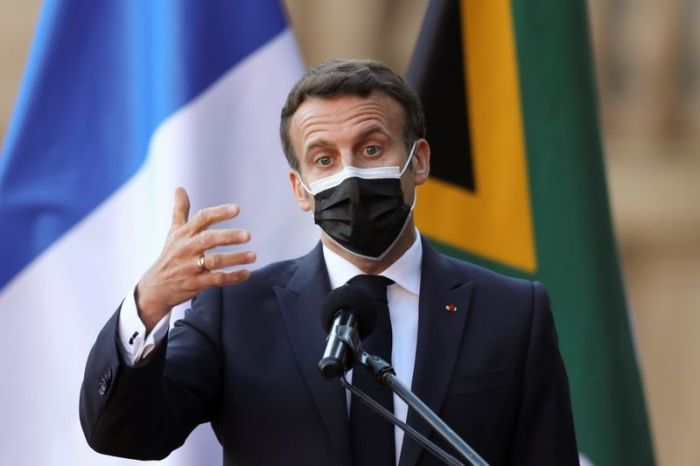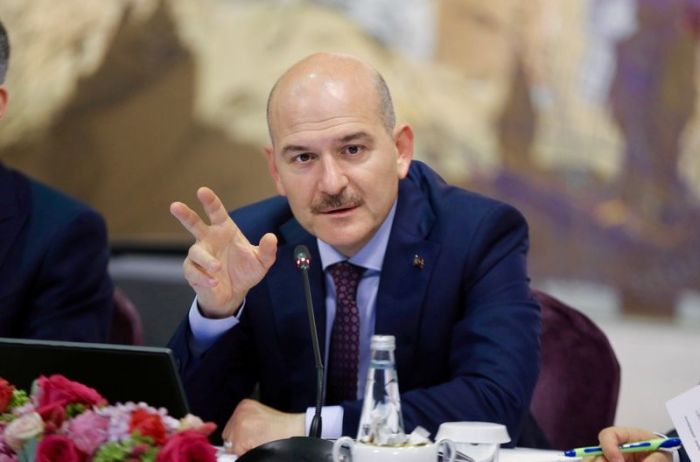BRUSSELS (Reuters) -European Union negotiators this week failed to agree reforms to the bloc’s huge farming subsidy programme, with talks due to resume in June on rules to protect small farms and curb agriculture’s environmental impact.
The EU is nearing the end of a three-year struggle to reform its Common Agricultural Policy (CAP). The CAP will account for roughly one-third of the EU’s 2021-2027 budget – 387 billion euros ($472 billion) – on payments to farmers and support for rural development, with the new rules kicking in from 2023.
The revamp aims to curb the environmental impact of agriculture, which is the most frequently reported source of pressure on Europe’s habitats and species and is responsible for 10% of EU greenhouse gas emissions.
After all-night talks on Thursday, EU member states failed to find a compromise to put forward in negotiations with the European Parliament and the European Commission.
EU agriculture commissioner Janusz Wojciechowski said he was hopeful a deal would be reached in June. But he said member states had “exaggerated fears” that money set aside for environmental programmes would go unspent because farmers would not apply for it.
Portuguese agriculture minister Maria do Ceu Antunes said member states had made “numerous concessions” in the talks.
Lawmakers from the European Parliament said member states had added small print at the last minute to weaken the rules.
One unresolved dispute is how much to spend on “eco-schemes” to protect the environment, such as organic farming or re-wetting peatlands to absorb CO2.
EU member states on Thursday proposed a requirement for countries to spend an annual average of 18% of payments for farmers on such schemes, or lose the money. Parliament had sought a binding 30% share.
Other outstanding issues include how to divert cash from big landowners and businesses to smaller farms. Parliament said countries should redistribute a share of payments to smaller farms. Member states said countries could opt out if they use other methods to distribute the funds fairly.
“When we looked at the small print, the council (of representatives of EU member states) had… basically inserted text that made it voluntary,” said EU lawmaker Peter Jahr.
Campaigners have said the proposals fail to align farming with EU climate ambitions, and would allow the majority of funds to be spent on polluting forms of industrial farming.
Other rules under discussion would set standards for working conditions and form a crisis fund in case agricultural markets are disrupted by an emergency such as a pandemic.
($1 = 0.8201 euros)
(Reporting by Kate Abnett; Editing by Marine Strauss, Catherine Evans, Barbara Lewis and Hugh Lawson)

























